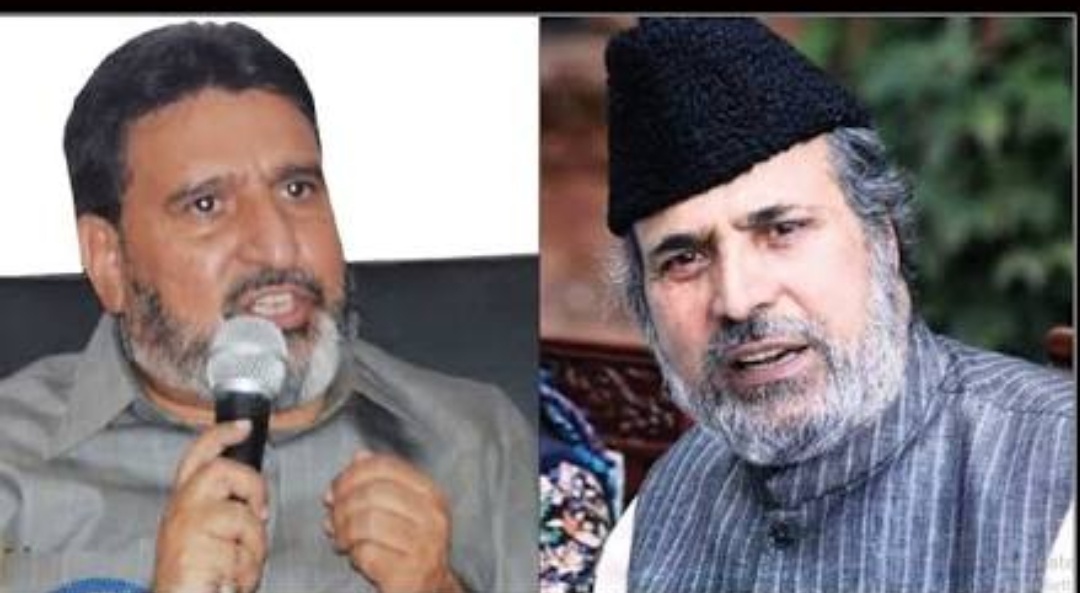The new formation is likely to draw its ranks from various political outfits in Jammu & Kashmir, and could include activists, analysts and former journalists.
Crucially, it might prioritise statehood and a permanent domicile law over the restoration of Article 370, under which Jammu & Kashmir enjoyed special status, individuals privy to discussions about the new front said.
According to the sources, the proposed front will be announced as soon as all stakeholders arrive at a consensus.
“We have to fight with the BJP within the system laid down by it. There are no other options,” a politician involved in the talks said.
In one of its most bold and controversial decisions, the Modi government stripped the state of Jammu and Kashmir of its special status and split into two union territories — J&K and Ladakh — in August.
The decision was accompanied by the detention of hundreds of local political leaders to reportedly prevent blowback against the revocation of Article 370, which was seen by Kashmiris as a condition for their accession to India in 1947.
As a result, political activity in the state came to a halt until the first batch of detainees were released in October.
While several senior politicians including former chief ministers Omar and Farooq Abdullah (National Conference) and Mehbooba Mufti (Peoples Democratic Party) remain in detention, many have since been freed.
Speaking to a leading National Daily, former J&K deputy chief minister and senior PDP leader Muzaffar Baig admitted that several local stakeholders were ready to overlook Article 370 for the larger interest of the region.
“I have been meeting a lot of people in my individual capacity… People who are concerned about the welfare of J&K, like activists, political leaders, journalists,” added Baig, who has often expressed his displeasure with the PDP leadership. “We are trying to reach a consensus and talks have been underway.”
Referring to the petitions filed in the apex court against the scrapping of Article 370, he said, “If the Supreme Court gives directions in favour of scrapping Article 370, there are many in Kashmir who would instead demand full statehood and a new domicile law for J&K.”
“I think the central government has recently given indications that it is considering the two options for J&K.”
If these two things materialise, Baig added, “there are many individuals and well-wishers of J&K who would like to work for its uplift”.
J&K, he said, is one of the oldest states of India, “and it is imperative that it continues to be a state”.
“In a union territory, everything is managed by the home department and all powers lie with the lieutenant governor. In such a scenario, the assembly has far less power,” he said.
“But if statehood is restored and a domicile law introduced under Article 371, which exists (makes concessions) for hill states, we will be able to secure important areas like jobs. There are 70,000 to 80,000 unemployed youths in J&K,” he added.
While Baig claimed the discussions were centred on the Supreme Court order, sources said the formation may come into being sooner, given the role of other “key individuals”.
These include former PDP leader Altaf Bukhari and former MP and Congress leader Tariq Kara. According to sources, Kara recently met “leaders of a regional political party to hold talks”.
Meanwhile, there is speculation that the central government plans to free all the detained politicians soon, barring members of the Abdullah and Mufti families and their confidants, whose release may be delayed.
This decision, sources said, is meant to give politicians from National Conference, PDP and Sajad Lone’s Peoples Conference time to decide whether they wish to stand by the Gupkar declaration, or be part of the new political landscape.
Signed by all major political parties of Kashmir a day before the scrapping of Article 370, the Gupkar declaration termed any move against the constitutional provision an act of war against the people of the state
Leave a comment
Your email address will not be published. Required fields are marked *


